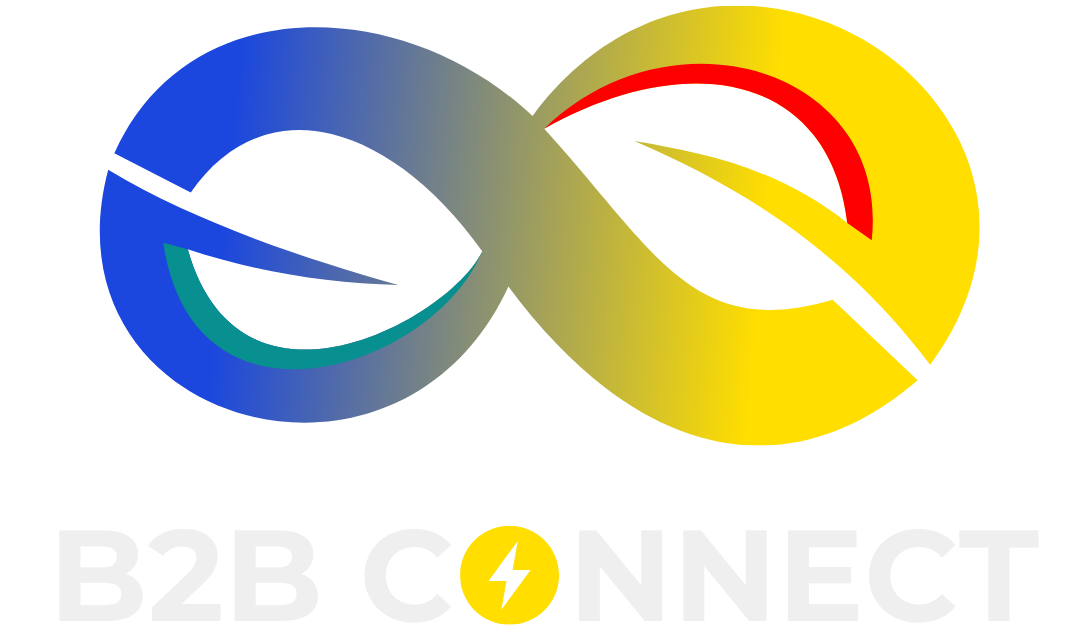The UK energy market is experiencing a period of significant transformation, and for small and medium-sized enterprises (SMEs), keeping up with the changes is not just advisable—it’s essential. With fluctuating prices, shifting regulations, and increasing demand for sustainability, staying informed can help you make smarter, more cost-effective decisions. This article dives deep into the current landscape of the UK energy market and what it means for SMEs today.
Why the UK Energy Market Matters for SMEs
For SMEs, energy is one of the most critical operating costs. Whether you run a local café or a manufacturing unit, your bottom line is affected by how much you pay for electricity and gas. With energy prices still unstable due to geopolitical tensions, inflation, and supply issues, SMEs are under more pressure than ever to monitor and manage their energy use wisely.
Understanding the energy market empowers SMEs to make strategic choices—such as switching suppliers at the right time, negotiating better tariffs, and adopting energy-efficient technologies. Staying updated means staying competitive.
A Quick Look at the 2025 Energy Landscape
As of 2025, the UK energy market is undergoing a transition toward cleaner energy sources and more transparent pricing. However, challenges persist. Energy costs remain high compared to pre-2020 levels, and SMEs are still feeling the ripple effects of the global energy crisis that began in 2021.
Here are some current trends:
- Wholesale prices remain volatile, influenced by global events and weather patterns.
- Renewable energy is on the rise, with more suppliers offering green tariffs.
- Government regulations are evolving, placing new expectations on businesses to reduce carbon emissions.
For SMEs, these trends mean that staying on top of your contract terms, usage data, and market movements is not just good business—it’s survival.
The Rising Role of Energy Brokers in the UK
Energy brokers have become increasingly important for SMEs navigating the UK energy market. These intermediaries help businesses compare tariffs, negotiate deals, and even manage contracts on their behalf. Many brokers also provide insights into energy consumption and offer sustainability consulting.
Using a broker can save time and money, but SMEs should ensure they’re working with transparent, FCA-registered firms. Hidden commissions and complex contract terms have given parts of the broker industry a bad reputation, so always ask upfront about how they’re paid.
Energy Prices: What’s Driving the Fluctuations?
Energy prices in the UK continue to be shaped by multiple global and local factors. Key contributors to price movements include:
- Gas supply limitations in Europe – Reduced gas exports from Russia have driven prices up across the continent.
- Weather volatility – Cold winters and hot summers can strain supply and increase demand.
- UK infrastructure upgrades – Investment in wind and solar has long-term benefits but short-term costs.
These elements combine to create a market that’s difficult to predict. SMEs that lock in fixed rates during low-price periods tend to fare better than those on variable tariffs during a price surge.
SME Vulnerabilities in the Current Market
Small and medium enterprises are particularly exposed in today’s energy market due to their limited bargaining power. Unlike large corporations, SMEs often can’t access bulk discounts or long-term wholesale contracts. Here are a few ways SMEs are at risk:
- Rollover contracts that automatically renew at higher rates if no action is taken.
- Lack of visibility into real-time energy consumption.
- Cash flow stress caused by sudden bill spikes.
The key to mitigating these risks is awareness. Know your contract end date, track your usage, and don’t be afraid to switch suppliers or brokers.
Fixed vs Variable Tariffs – Which is Better for SMEs in 2025?
This age-old question has a fresh spin in today’s market. Here’s a quick breakdown:
- Fixed tariffs: These offer price certainty, making budgeting easier. Ideal when market prices are low.
- Variable tariffs: Prices follow the wholesale market. Good during downward trends, risky during upswings.
For most SMEs, a fixed tariff is the safer bet in 2025, especially with continuing volatility. However, it’s always best to review your options with a broker or use a comparison tool before deciding.
Smart Meters and Energy Monitoring
If your business hasn’t yet adopted smart meters, now is the time. These devices provide real-time data on your energy consumption, allowing you to identify waste and optimize usage. Benefits include:
- More accurate billing
- Insights into peak usage times
- Opportunities to cut consumption
The UK government continues to support smart meter installation, and many suppliers now include them at no extra cost. It’s one of the simplest ways to start saving money immediately.
Sustainability and Net Zero – What’s the Pressure on SMEs?
The UK’s 2050 Net Zero goal is driving significant policy changes that affect all businesses. SMEs are now being encouraged—and in some cases, required—to reduce their carbon footprints.
Here’s how this impacts SMEs:
- Pressure from clients: Larger corporations expect their suppliers to align with their sustainability targets.
- Funding and grants: Many energy efficiency upgrades qualify for government support.
- Green branding opportunities: Consumers are more likely to support environmentally responsible businesses.
Switching to renewable tariffs, investing in low-energy equipment, and improving insulation are great first steps. Sustainability isn’t just about ethics—it’s about remaining relevant and competitive.
Government Support and Relief for SMEs
The UK government has introduced several schemes to help businesses with energy costs and sustainability. Key ones include:
- The Energy Bills Discount Scheme (EBDS) – Replaced the Energy Bill Relief Scheme, offering discounts based on wholesale prices.
- Enhanced Capital Allowance (ECA) – Encourages energy-efficient investments by offering tax benefits.
- Local authority grants – Funding for solar panels, heat pumps, and energy audits.
Be sure to check GOV.UK or speak with your broker to see what’s available in your region.
Common Mistakes SMEs Make with Energy Contracts
Even savvy businesses can slip up when it comes to managing energy. Here are a few common mistakes:
- Ignoring contract renewal dates
- Not reading the fine print (especially about termination fees)
- Falling for “introductory” rates that rise after the initial term
- Overlooking green energy deals, assuming they’re more expensive
Avoid these by scheduling regular contract reviews and working with professionals who explain everything clearly.
How to Stay Ahead in the Energy Market
To remain competitive, SMEs need to treat energy like any other business input—track it, control it, and optimize it. Here are some top tips:
- Review your energy contract annually
- Use smart meters for real-time insights
- Set consumption reduction targets
- Compare suppliers before renewal
- Stay informed on government schemes
Energy strategy should be part of your overall business planning, not just a reactive task when bills spike.
Conclusion
The UK energy market is shifting rapidly, and for SMEs, the stakes have never been higher. With prices still volatile and regulatory demands increasing, it’s crucial to stay informed and act strategically. By reviewing contracts, using smart technology, and exploring sustainability options, SMEs can protect themselves from shocks and turn energy management into a competitive advantage.
Don’t wait for your next renewal letter to take action. Start reviewing your energy situation today, and give your business the financial and environmental edge it deserves.
Please don’t forget to leave a review.

